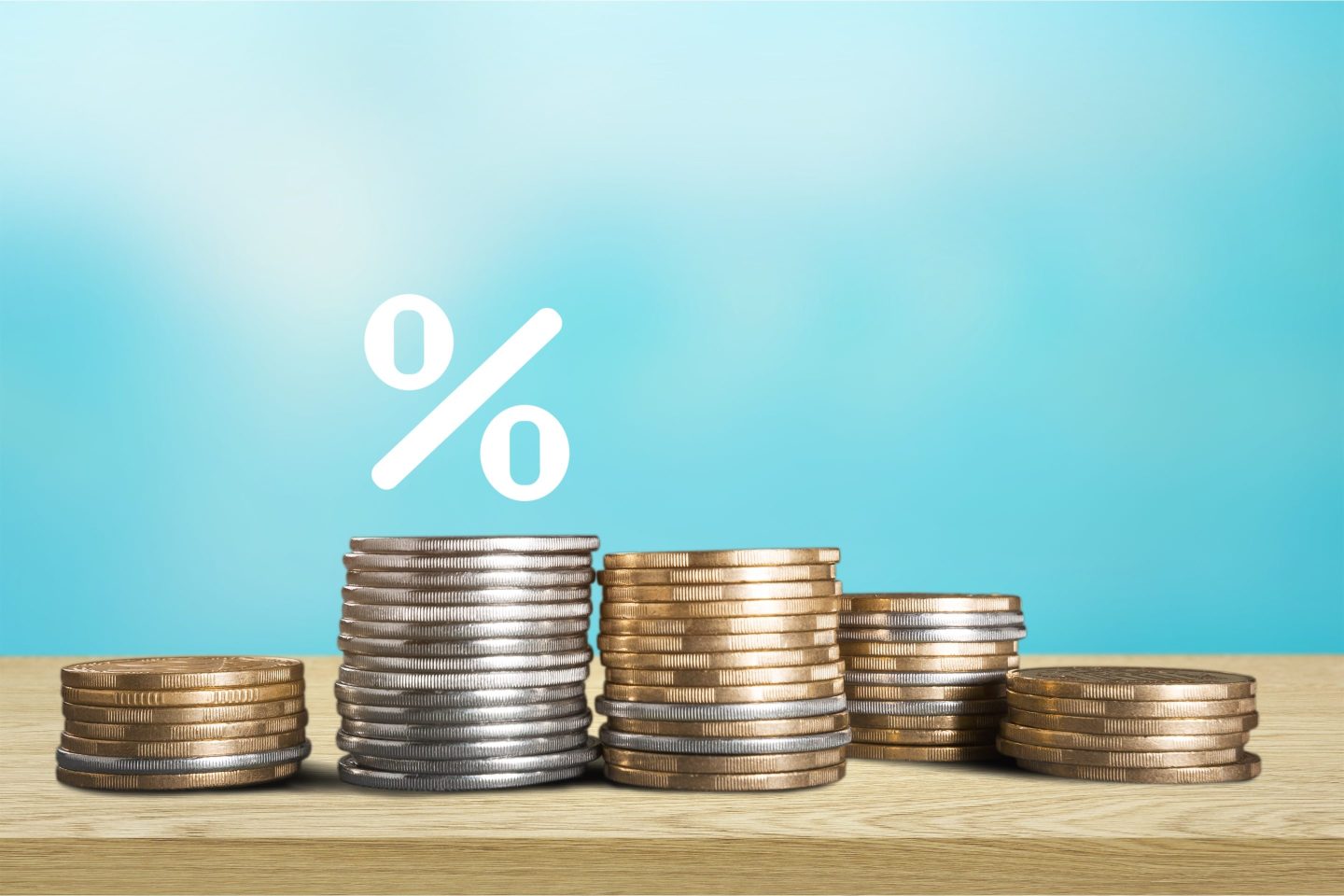Amid high prices, rising interest rates, and ongoing recession fears, three out of five Americans are worried about their financial future, a new report finds. That has translated into many cutting back on spending, some to the point where making their money work in today’s economy leaves little room to consider significant life decisions down the road.
Those are the top-line findings from Wells Fargo’s new Money Study, a survey of over 3,400 U.S. Adults and 203 teens published on Tuesday. The report gives a broad overview of the financial concerns on peoples’ minds, and how those concerns are translating into actions. For example, 67% of respondents report cutting back on their spending in recent months, while 45% reported delaying life plans and making some tough financial choices.
“Americans are much more anxious now than they have been in the past about money in general,” says Michael Liersch, head of advice and planning for Wells Fargo. “They’re worried about it. They’re focused on it more.”
While those results may seem at odds with consumer spending data that remained healthy throughout last year, and persistently strong employment numbers, Liersch says the answer is simple: Because of inflation and rising interest rates, people are paying more for everyday things, meaning they may be pulling back in other areas. And if they’re not cutting back, spending any amount “is just less enjoyable,” Liersch says.
Compared to two or three years ago, “everyday things are much more expensive than they used to be,” he says. “Whether that’s food, eggs, milk, bread—people feel like they’re cutting back because it’s very salient that things are much more expensive. They see those prices changing…we’re not getting as much utility out of our money as we used to.”
As just one example: U.S. Consumers are spending a higher share of their disposable income on food—both at home and at restaurants—than at any time since 1991, according to the most recent data from the USDA.
While many consumers are paying more for less, others still are taking on debt: Credit card balances are at an all-time high, according to data from the Federal Reserve. To that end, 44% of respondents to Wells Fargo’s survey reported having more debt than they are comfortable with; almost one-third said they’re spending more than they can afford each month.
Liersch points out that 43% of the respondents think about money from a scarcity mindset, and 35% consider it a “constraint” on their lives.
“The economic data reveal one thing, but human perception reveals another,” he says. “We’re moving into this domain where money isn’t viewed as a tool or agent to prosperity, it’s viewed as something that is very limited and that needs to be held close.”
The good news is that most people are making it work. A full 58% of Americans surveyed report living within their means, and the vast majority—90%—reported wanting to make money choices that align with their values. Almost 80% said they have a clear picture of what they want their money to do for them.
That’s not surprising. Americans will always look at the bright side, Liersch says. Despite the increasingly expensive environment, many believe that saving and investing now will still set them up for the future.
“People feel relatively optimistic that they can reset mentally, that they can change their money story—and that they will get to the other side of this,” he says.













